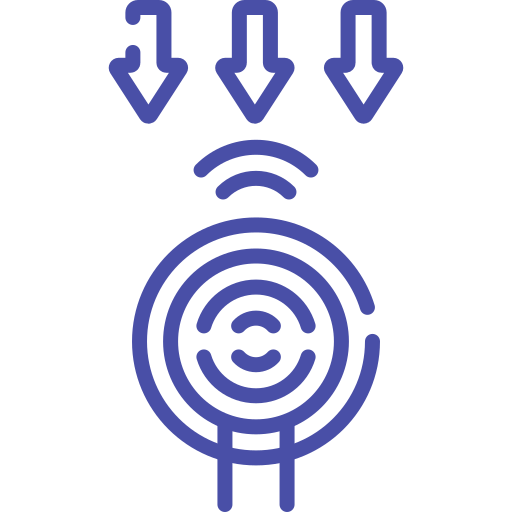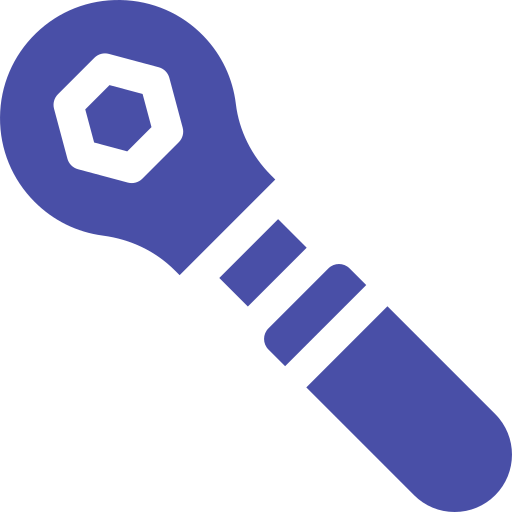Ensure accuracy with professional Torque Calibration in Bangladesh by Pico Labs Ltd., your trusted calibration service provider.
Torque Calibration in Bangladesh
In the industrial and engineering world, precision is everything. Whether assembling heavy machinery, tightening automotive bolts, or testing equipment in power plants, torque measurement plays a crucial role in maintaining product quality and safety. That’s where torque calibration comes in — ensuring that every torque tool delivers the exact amount of force it’s supposed to. In Bangladesh, industries are becoming increasingly aware of the importance of torque calibration services for maintaining operational accuracy and compliance with international standards.
What is Torque Calibration?
Torque calibration is the process of verifying and adjusting a torque tool (such as torque wrenches, torque screwdrivers, or torque sensors) to ensure it applies the correct rotational force. Over time, tools can drift out of specification due to wear, temperature changes, or improper use. Calibration ensures that these tools continue to perform reliably and within specified tolerances.
A torque calibration process typically includes:
-
Testing the torque tool using a calibrated torque transducer.
-
Comparing the results with standard reference values.
-
Adjusting the tool if deviations are found.
-
Issuing a calibration certificate traceable to international standards (such as ISO or NIST).
This ensures that the instrument’s readings remain consistent and trustworthy.
Why Torque Calibration Matters
In industries where accuracy and safety are priorities, torque calibration is not optional — it’s essential.
Here are key reasons why it matters:
-
Ensures Product Quality
Correct torque ensures that fasteners are neither too tight nor too loose. This prevents product failure, leakage, or mechanical damage. -
Improves Safety
In sectors like automotive, aerospace, and energy, over- or under-tightened bolts can lead to catastrophic failures. Proper torque calibration reduces these risks. -
Compliance with Standards
Many industries in Bangladesh are now aligning with ISO 9001, ISO/IEC 17025, and other global quality standards. Regular torque calibration supports compliance during audits. -
Reduces Operational Downtime
Calibrated tools reduce the chance of rework or repairs, leading to smoother operations and higher productivity. -
Extends Equipment Life
Properly calibrated torque tools experience less mechanical stress, improving their lifespan and saving costs in the long run.
Industries that Require Torque Calibration in Bangladesh
Bangladesh’s rapid industrial growth means torque calibration is now in demand across multiple sectors. Some key industries include:
-
Power & Energy – For maintaining turbines, power plant machinery, and electrical installations.
-
Automotive & Transport – Ensuring accurate torque settings in engine assemblies, wheels, and chassis components.
-
Manufacturing & Production – Maintaining consistent assembly quality and mechanical integrity.
-
Aerospace & Aviation – Guaranteeing safety and precision in aircraft maintenance and assembly.
-
Oil & Gas – Ensuring secure and leak-free connections in pipelines and equipment.
-
Construction & Heavy Machinery – Verifying torque in structural fastenings and load-bearing joints.
These industries rely on accurate calibration to maintain both quality assurance and workplace safety.
Torque Calibration Standards
Torque calibration must adhere to recognized international standards to ensure accuracy and traceability. Some of the most widely used include:
-
ISO 6789 – Specifies requirements for torque tools used in tightening bolts and nuts.
-
BS 7882 – Defines performance and calibration methods for torque measuring devices.
-
ISO/IEC 17025 – Specifies general requirements for the competence of testing and calibration laboratories.
In Bangladesh, laboratories like Pico Labs Ltd. follow these standards to deliver reliable calibration services that meet both national and global expectations.
Torque Calibration Process at Pico Labs Ltd.
At Pico Labs Ltd., we take pride in offering accurate, traceable, and professional torque calibration services for a wide range of tools and instruments. Our state-of-the-art laboratory is equipped with precision torque testers, calibration benches, and reference standards traceable to ISO and NIST.
Our Calibration Process Includes:
-
Visual inspection and functional testing of the torque tool.
-
Measurement using certified reference torque transducers.
-
Adjustment and fine-tuning of tools as needed.
-
Verification across multiple torque points.
-
Issuance of an ISO-traceable calibration certificate.
We handle tools ranging from small torque screwdrivers to high-capacity torque wrenches used in industrial settings. Our trained engineers ensure every calibration result meets the required specifications.
Why Choose Pico Labs Ltd. for Torque Calibration in Bangladesh
Choosing the right calibration partner makes all the difference. Here’s why Pico Labs Ltd. stands out:
✅ Accurate & Reliable Results – We follow ISO/IEC 17025-based methods ensuring international traceability.
✅ Modern Equipment – Our torque calibration facilities are equipped with cutting-edge technology.
✅ Experienced Technicians – Our engineers are trained and certified in advanced calibration techniques.
✅ Fast Turnaround Time – We ensure quick and efficient service without compromising accuracy.
✅ Nationwide Service – We provide torque calibration services across Bangladesh, including on-site support.
✅ Affordable & Transparent Pricing – High-quality calibration at competitive rates.
Torque calibration might seem like a small technical task, but its impact is massive. It ensures product reliability, protects machinery, and maintains international quality standards. As industries in Bangladesh move toward higher precision and performance, torque calibration is becoming an essential service for every serious manufacturer and engineer.
If you’re looking for professional Torque Calibration in Bangladesh, trust Pico Labs Ltd. — your reliable partner in precision measurement and calibration excellence.




